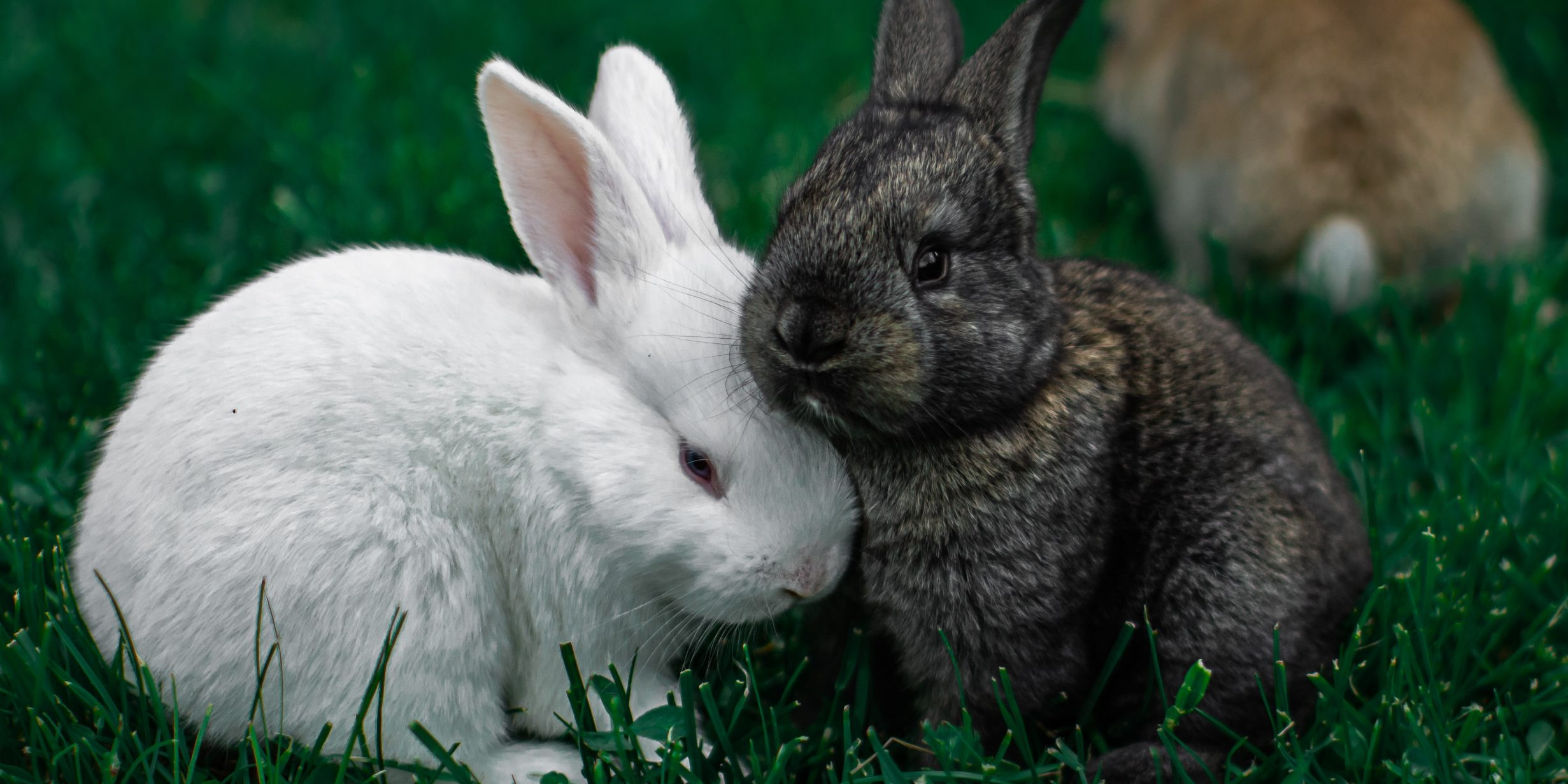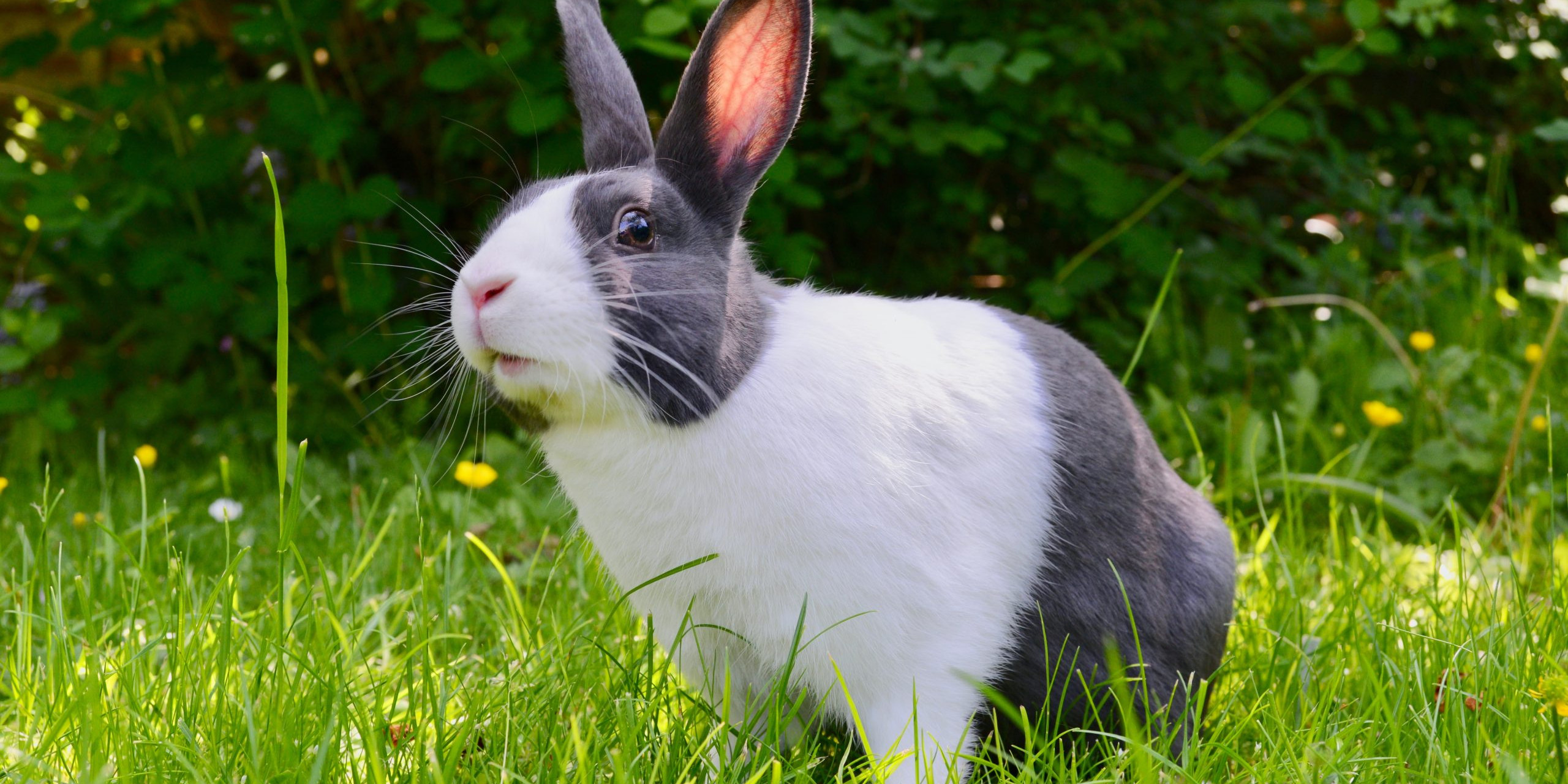Rabbits are delightful creatures, known for their playful nature and curious personalities. However, like all pets, they require special care and attention, especially when it comes to their diet. A proper diet is essential for their overall health and well-being. But what happens when your rabbit falls ill? Does their diet need to change? Let’s delve into the world of rabbit nutrition and discover the essentials of a healthy rabbit diet.
Jump to:
The Natural Diet of Rabbits
Rabbits, by nature, are herbivores. This means they thrive on a plant-based diet. In the wild, they spend a significant amount of their time grazing on grass and other plants. This natural inclination towards certain foods plays a pivotal role in determining their dietary needs.
Register for our latest in-depth reviews and product round-ups from the experts
Enter your email address below to receive our twice monthly reviews emails.
By entering your details, you are agreeing to our terms and conditions and privacy policy. You can unsubscribe at any time.
The Role of Hay in a Rabbit’s Diet
Hay is more than just food for rabbits; it’s an essential component of their diet. Here’s why:
- The Role of Hay in a Rabbit’s Diet: Understanding the importance of hay in rabbit diet is vital, as hay is more than just food for rabbits; it’s an essential component of their diet. It aids in digestion and ensures smooth bowel movements, crucial for a rabbit’s digestive health..
| Type of Hay | Benefits |
| Timothy Hay | High in fiber, low in calcium. Ideal for adult rabbits. |
| Orchard Grass Hay | Soft and leafy, a good alternative to Timothy hay. |
| Brome | High fiber content, suitable for maintaining weight. |
| Oat Hay | Tasty and provides variety to the diet. |
Supplementing with Vegetables
While hay and grass form the bulk of a rabbit’s diet, it’s also essential to supplement with leafy greens. Vegetables like cabbage, kale, broccoli, parsley, and mint can be introduced. However, it’s crucial to:
- Introduce Slowly: Start with small amounts and gradually increase the portion size.
- Monitor for Reactions: Some rabbits might be sensitive to certain vegetables. Always observe for any adverse reactions.
Special Considerations for Sick Rabbits
When our furry friends fall ill, it can be a heart-wrenching experience. Understanding a rabbit’s lifespan and health needs is crucial, especially since rabbits are experts at hiding their ailments due to their instinctual behavior in the wild. Learn more about understanding rabbit lifespan.
Recognizing Signs of Illness in Rabbits
Rabbits are adept at concealing their discomfort. However, with careful observation, you can spot subtle changes in their behavior or appearance that might indicate a health issue:
- Lowered Energy and Appetite: A decrease in energy levels or a reduced appetite for food and water can be indicative of underlying health problems.
- Gastrointestinal Issues: If your rabbit stops eating, it can lead to gastrointestinal stasis. This condition slows down everything in the digestive system, causing the rabbit to stop producing stools. On the other hand, diarrhea or loose stools can signal a potential parasitic or bacterial disease.
| Symptom | Possible Cause |
| Decreased appetite | Dental issues, stress, or other underlying diseases |
| Missing or excessive stools | Gastrointestinal stasis, lack of fiber, or secondary issues like liver disease |
| Poor grooming habits | Dental disease, infections, or other illnesses |
| Cold symptoms (nasal discharge, sneezing) | Upper respiratory tract disease |
| Head tilt or poor coordination | Dysfunction of the system controlling balance |
Modifying Diet for Ill Rabbits
When your rabbit is unwell, their dietary needs might change:
- Increase Fiber Intake: Fiber is crucial for a rabbit’s digestive health. Ensure they have a constant supply of high-fiber hay.
- Limit Sugary Foods: While fruits and certain vegetables are treats, it’s best to limit them when your rabbit is sick to avoid further digestive issues.
- Hydration is Key: Ensure your rabbit has continuous access to fresh, clean water. If they’re reluctant to drink, consider using a syringe to keep them hydrated.
Nutritional Diseases in Rabbits
Rabbits can suffer from various nutritional diseases if not fed a balanced diet:
- Dental Disease: Not consuming the right diet can lead to dental issues, as their teeth grow continuously and need to be worn down by chewing on hay and grass.
- Liver Disease or Cancer: These can be secondary issues arising from gastrointestinal problems.
| Disease | Cause | Prevention |
| Dental Disease | Inadequate hay or grass intake | Ensure a diet rich in hay and grass |
| Liver Disease | Secondary to gastrointestinal issues | Monitor food and water intake, and ensure a balanced diet |
| Cancer | Genetic or environmental factors | Regular vet check-ups and a healthy lifestyle |
How to Prevent Illnesses
While it’s impossible to shield our pets from every ailment, certain measures can significantly reduce the risk:
- Balanced Diet: Feed them a healthy mix of hay, grass, and leafy greens.
- Regular Vet Visits: Early detection is crucial. Regular check-ups can help spot potential issues before they escalate.
- Clean Environment: Ensure their living space is clean and free from potential hazards.
- Physical Checks: Regularly touch and examine your rabbit. This can help you detect any lumps, injuries, or changes in their body condition early on.
Jacquline Jackson
Meet Jacqueline, the insightful author and rabbit care expert at Hare Haha. With a deep passion for all things related to rabbit wellness, Jacqueline brings a wealth of knowledge to the Hare Haha community.
Related Posts
Diet for Pregnant Rabbits: Nurturing for a Healthy Litter
Pregnant rabbits, like any expecting mothers, need extra love, care, and yes,…
Rabbit Diet by Age: A Guide to Feeding Your Furry Friend
Rabbits are not just adorable pets; they’re complex creatures with…
Safe Fruits for Rabbits: A Guide to Bunny Diet
Hey there, fellow rabbit enthusiasts! If you’re like me, ensuring your…




